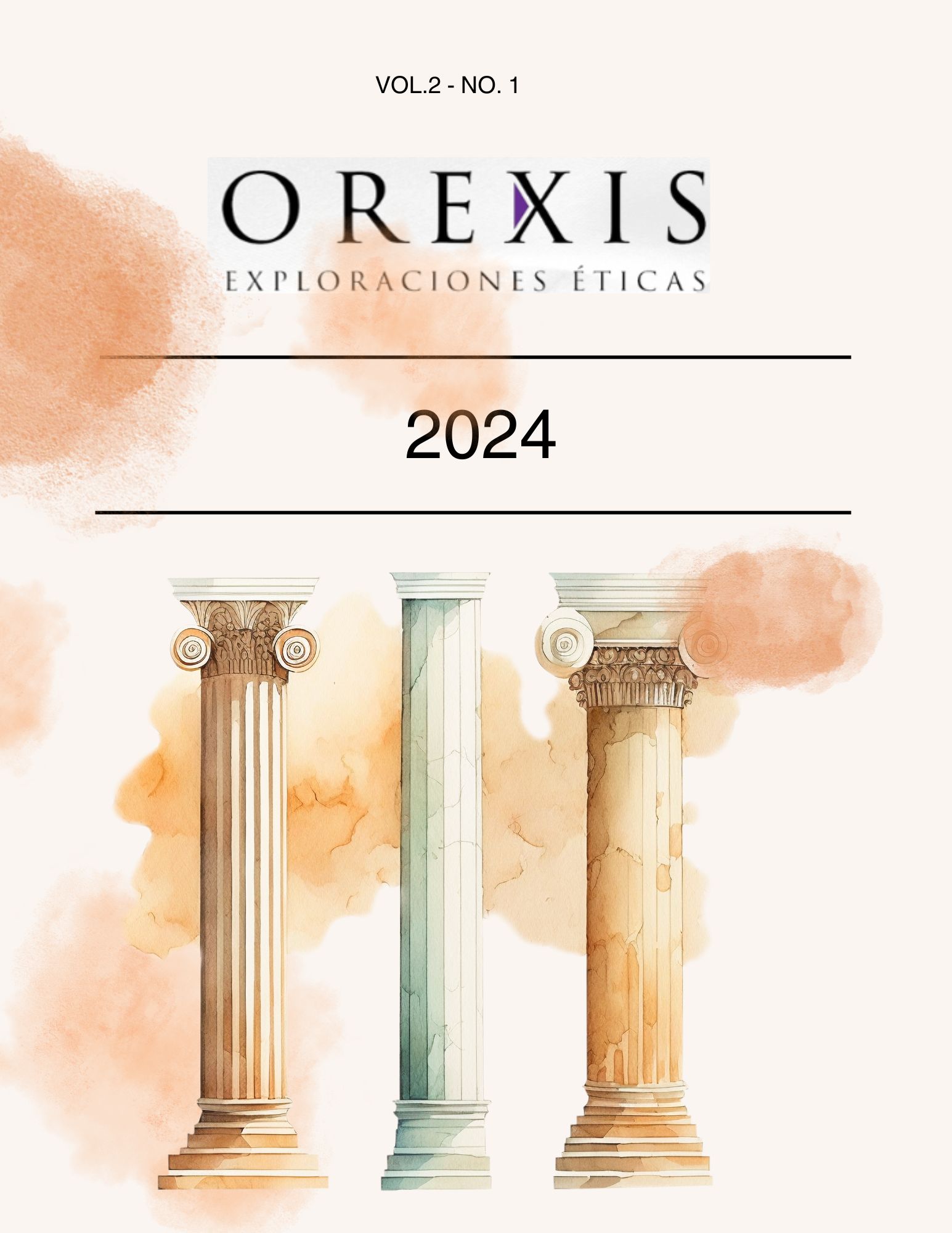Approaches to vulnerability as an ontological category: A critic to antiaging transhumanism
DOI:
https://doi.org/10.54167/orexis.v2i1.1760Resumen
The article examines vulnerability as an ontological category, critiquing anti-aging transhumanism from philosophical and ethical perspectives. It posits that vulnerability, inherent to all organisms, is a defining trait of the human condition, particularly evident in aging. Employing an interdisciplinary approach, spanning philosophy, biology, and social sciences, the paper analyzes how the transhumanist paradigm seeks to eradicate vulnerability, promoting a narrative of perfection and control. Through the analysis of theories such as Martha Nussbaum and Hans Jonas's philosophy, the text argues that fragility and mortality are not obstacles but critical conditions that imbue existence with meaning. Within this framework, the ethical and political implications of embracing, rather than eradicating, human vulnerability are explored. The article concludes that a deeper understanding of human fragility can foster more empathetic societies, challenging technological narratives that prioritize immortality over human diversity and interconnectedness.
Descargas
Descargas
Publicado
Cómo citar
-
Resumen39
-
PDF18














